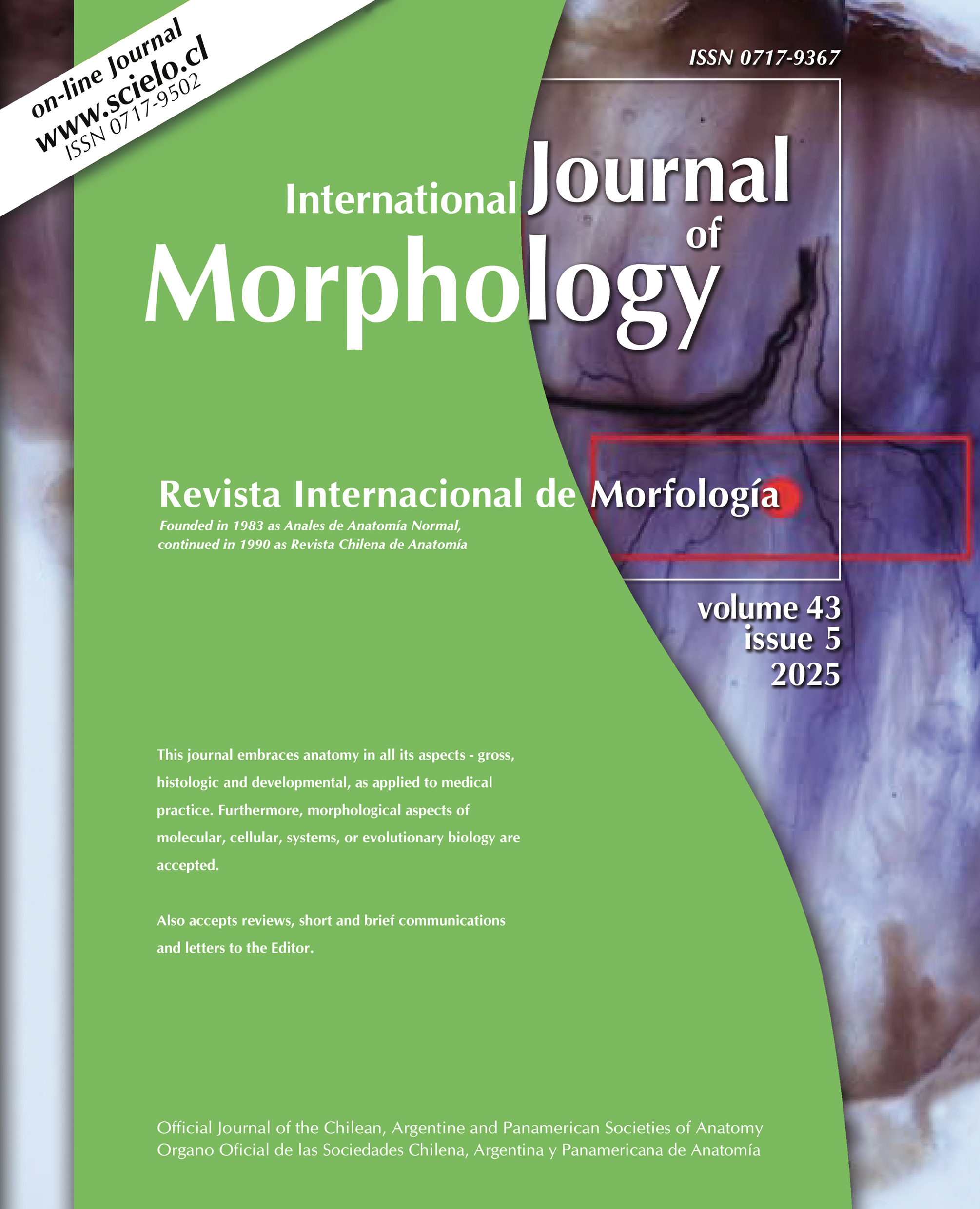Histological and Histochemical Studies of the Bovine Endometrium During the Luteal Phase
DOI :
Mohamed E Alkafafy; Salman Aloufi; Manal Algethami & Maram H. Abduljabbar
Summary
The study was conducted to check the validity of glycohistochemistry and the immunohistochemistry as valuable tools for the detection of the cyclic changes in the bovine endometrium during the luteal phase. Paraffin sections have been prepared from the uterine tissue specimens taken from 7 adult, clinically healthy, and apparently non-pregnant cows (Bos taurus). The histological findings revealed abundant populations of mast cells, especially within the subepithelial zone of stratum compactum and fewer numbers close to the endometrial glands in the stratum spongiosum, myometrium and perimetrium. The glycohistochemical findings indicated bindings sites within the luminal epithelium for GSA-1, DBA and WGA, but not for PNA. Yet, the glandular epithelium displayed bindings sites for all the four lectins. Some endometrial stromal cells and blood vessels exhibited binding sites only with GSA-1 and WGA. The immunohistochemical findings showed a strong immunoreactivity (IR) to angiotensin converting enzyme (ACE) within the apical surfaces of the luminal and glandular epithelia; reduced to moderate reactivity within the cytoplasm, vascular endothelium and periglandular solitary stromal cells. In conclusion, the topographic distribution of lectin binding sites and of the ACE-IR may represent useful tools to investigate the cyclic, hormone-controlled endometrial changes. This could be of value in understanding and interpretation of the pathophysiology of the bovine endometrium.
KEY WORDS: Cow; Endometrium; Endometrial glands; Mast cells; Lectins; ACE.





























